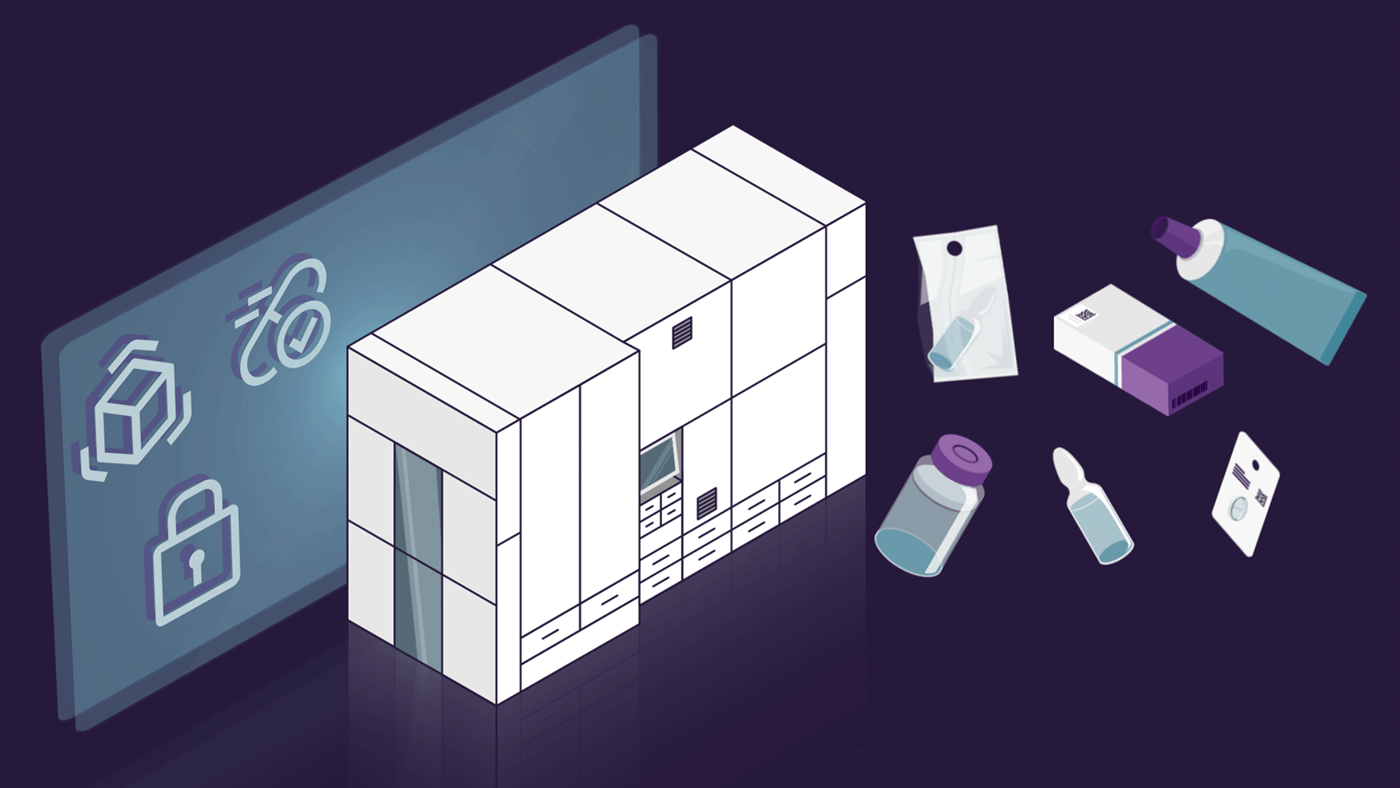Use lockable medicine cabinets
Hospitals should store the medicines in such a way that unauthorised persons cannot access them. Therefore, you should use certified safes in hospital pharmacies that have resistance grade I or higher according to EN 1143-1.
Automated dispensing cabinets are a suitable solution for the points of care.




